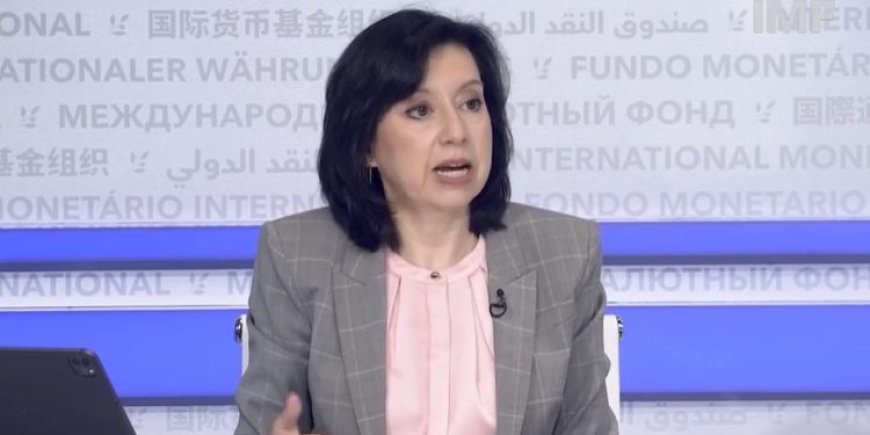IMF Backs 1 Cedi Fuel Levy As Key To Ghana’s Fiscal Recovery

The International Monetary Fund (IMF) has endorsed Ghana’s Energy Sector Shortfall and Debt Repayment Levy, describing it as a strategic measure aligned with the country’s fiscal goals under the Extended Credit Facility (ECF) programme. The levy, which imposes a GH¢1 charge per litre on petroleum products, is aimed at addressing long-standing debt and financial shortfalls in the energy sector. Speaking at a press briefing, Julie Kozack, Director of the IMF’s Communications Department, said the revenue measure will play a crucial role in helping Ghana tackle structural issues in the sector while supporting broader fiscal reforms.
“On the fuel levy, what I can say is that this is a new measure that will help generate additional resources to tackle the challenges in Ghana’s energy sector, and it is also going to bolster Ghana’s ability to deliver on the fiscal objectives under the programme,” she said.
The levy has drawn criticism from the Minority in Parliament, who argue that it adds to the cost burden on already struggling consumers. However, the government insists the impact on consumers will be marginal, pointing to current fuel prices at the pump, which it says remain lower than in previous high-inflation periods.
An agreement between the government and the Chamber of Oil Marketing Companies has pushed back the implementation date of the levy from June 9 to June 16, 2025. In the meantime, energy sector stakeholders including the Chamber of Petroleum Consumers are urging government to use the extension period to deepen engagement with affected parties and improve transparency around the levy’s use.
